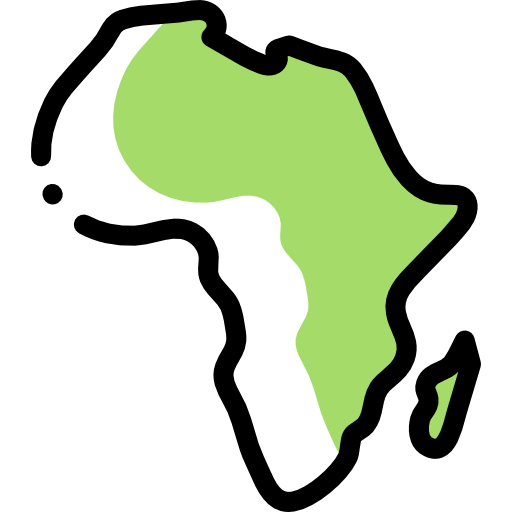The most general characteristic of the continent is that its economy and exports are based on extractive industries. About half of sub-Saharan African countries are net exporters of primary products, and unlike elsewhere, exports of extractive products have increased in importance since the 1990s, making the region one of the most commodity-dependent parts of the world, roughly on par with the Middle East and North Africa. This leads to a strong dependence on international commodity prices. For example, 80% of Algeria's exports are petroleum products. In 2014, oil and its derivatives, along with liquid or gaseous natural gas, accounted for 53.3% of the continent's exports.










